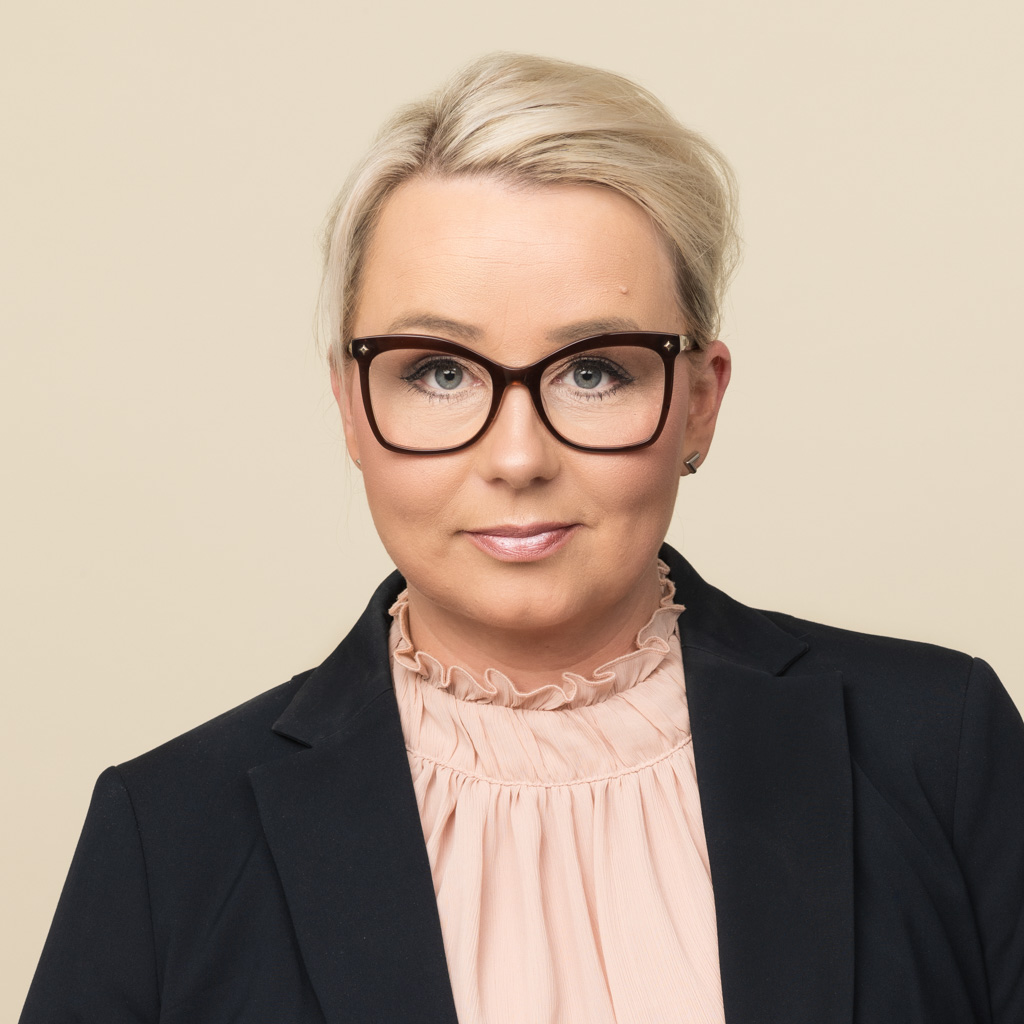Varhaiskasvatus Pilkkeen päiväkodeissa
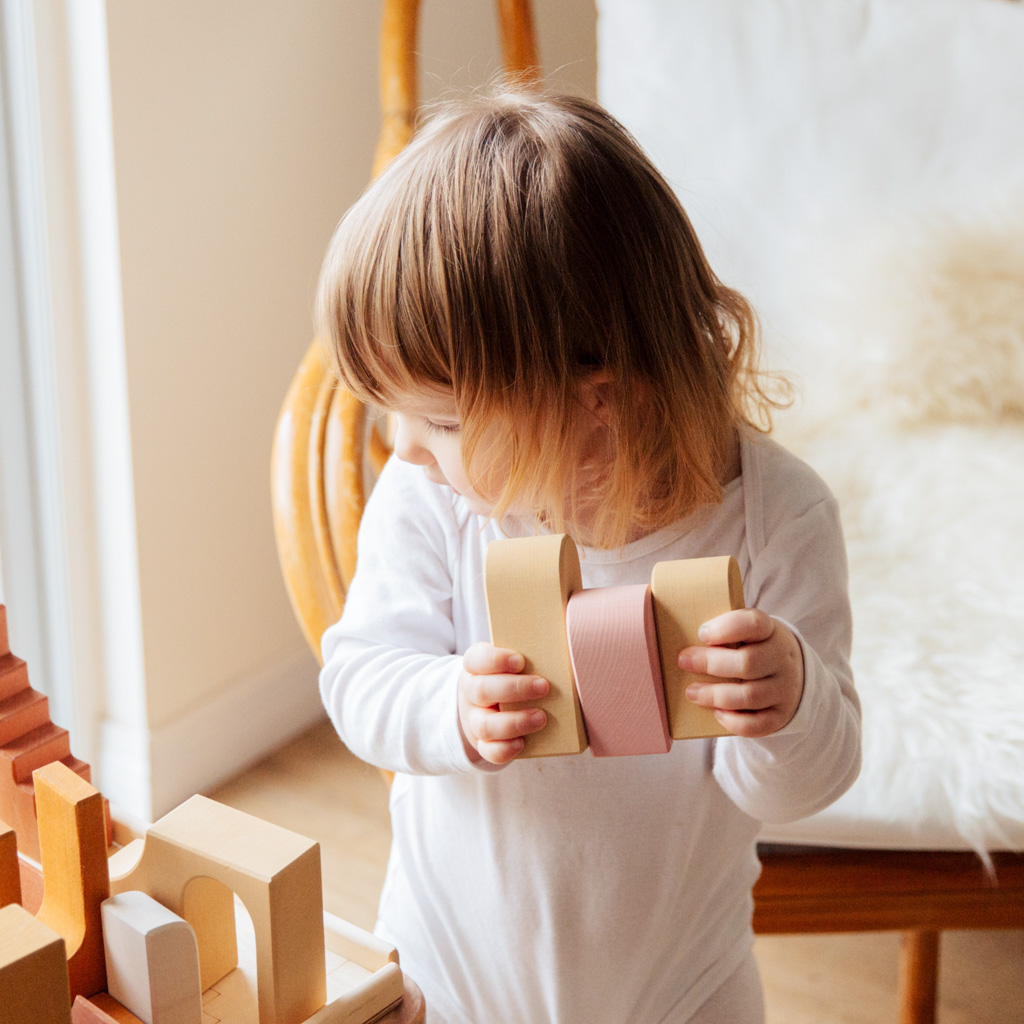
Päiväkodissa lapsi osallistuu varhaiskasvatukseen – mitä se tarkoittaa? Entä millaista on varhaiskasvatus Pilke-päiväkodeissa?
Tälle sivulle olemme keränneet tietoa siitä, mitä varhaiskasvatus on ja miten sitä Pilkkeen päiväkodeissa toteutetaan. Tutustu myös sivun lopussa oleviin usein kysyttyihin kysymyksiin!
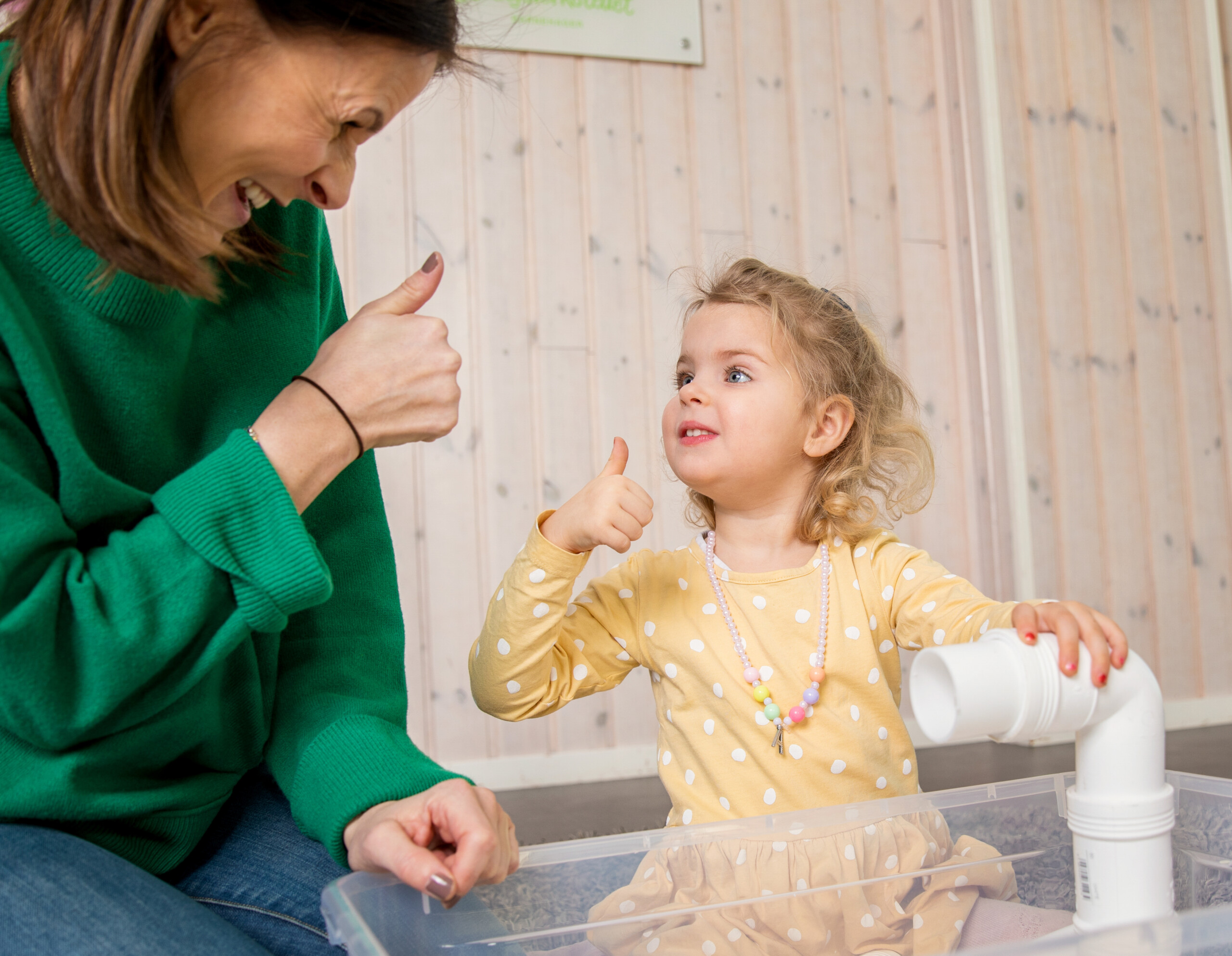
Kohtaan lempeydellä lapset, perheet ja työkaverit
Lempeyden voima on se voima, jolla kohtaan lapset, perheet ja työyhteisön. Tuo voima lähtee suoraan sydämestä ja kasvaa jokaisella kohtaamisella.
Parasta työssäni on ehdottomasti ihmisläheisyys. Tiedän ja tunnen, että olen lapsille turvallinen aikuinen.
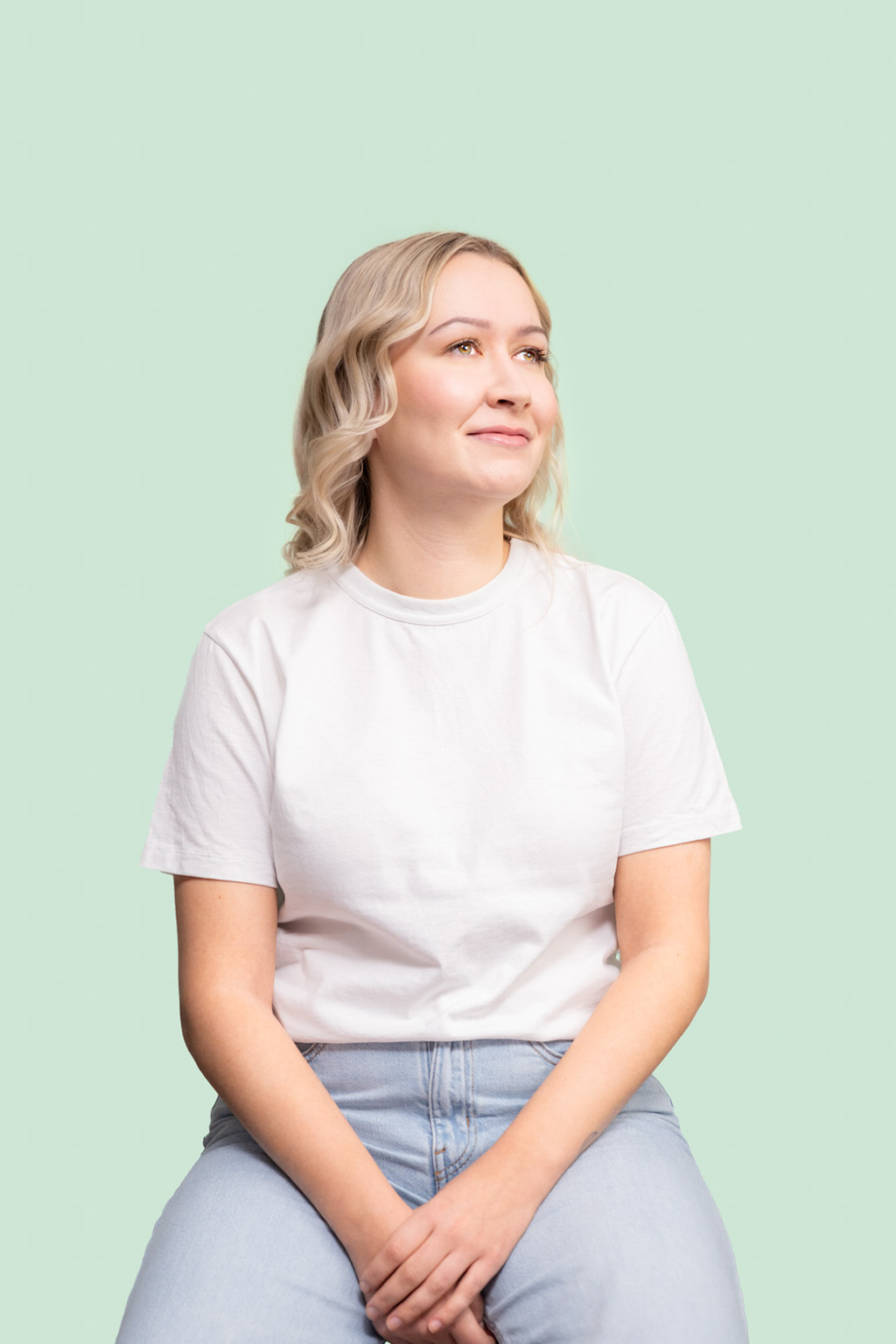

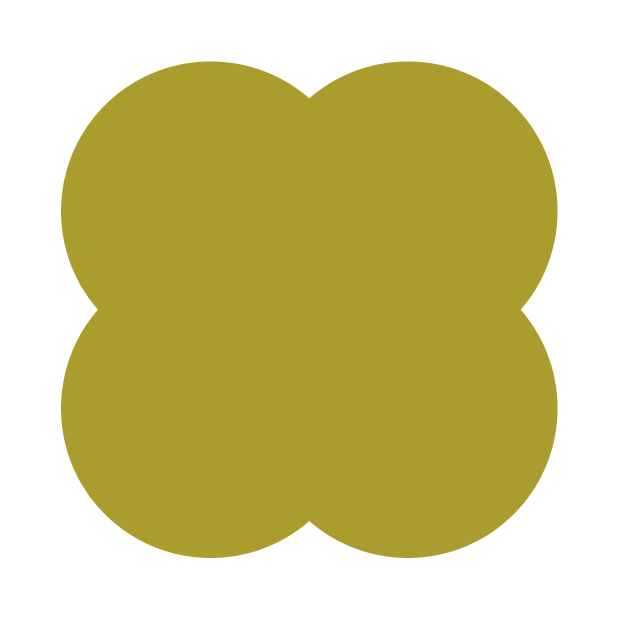
Mitä varhaiskasvatus on?
Varhaiskasvatus on uudehko sana, ennen puhuttiin tutummin lasten päivähoidosta. Varhaiskasvatuksella tarkoitetaan lapsen suunnitelmallista ja tavoitteellista kasvatuksen, opetuksen ja hoidon muodostamaa kokonaisuutta, jossa painottuu erityisesti pedagogiikka.
Varhaiskasvatusta suunnitellaan, arvioidaan ja kehitetään säännöllisesti. Suomessa kaikilla lapsilla on oikeus varhaiskasvatukseen, ja tavoitteena on hyvinvoiva lapsi.
Suomalaisessa varhaiskasvatuksessa korostuu pohjoismainen periaate siitä, että mukana on hoiva, leikki ja turva. Me Pilkkeellä keskitymme siihen, että lapsella on turvallinen ja hyvä olla, aikuiset hänen ympärillään ovat ammattilaisia ja osaavat oikealla tavalla kohdata, aktivoida ja kuunnella häntä.
Varhaiskasvatussuunnitelmaan kirjataan lapsen varhaiskasvatuksen tavoitteita päiväkodissa
Varhaiskasvatussuunnitelma tai tuttavallisemmin ”vasu” on yksi ensimmäisistä uusista sanoista, mihin perhe törmää, kun lapsi aloittaa päiväkodissa.
Mistä vasussa on kyse? Varhaiskasvatussuunnitelmassa kuvataan lapsen lapsen kehitystä, oppimista ja hyvinvointia tukevat tavoitteet ja toimenpiteet.
Vasu tehdään yhteistyössä perheen ja päiväkodin kanssa, kun lapsi on aloittanut päiväkodissa. Varhaiskasvatussuunnitelmaa arvioidaan ja päivitetään kerran vuodessa perheen ja päiväkodin yhteisessä vasu-keskustelussa.
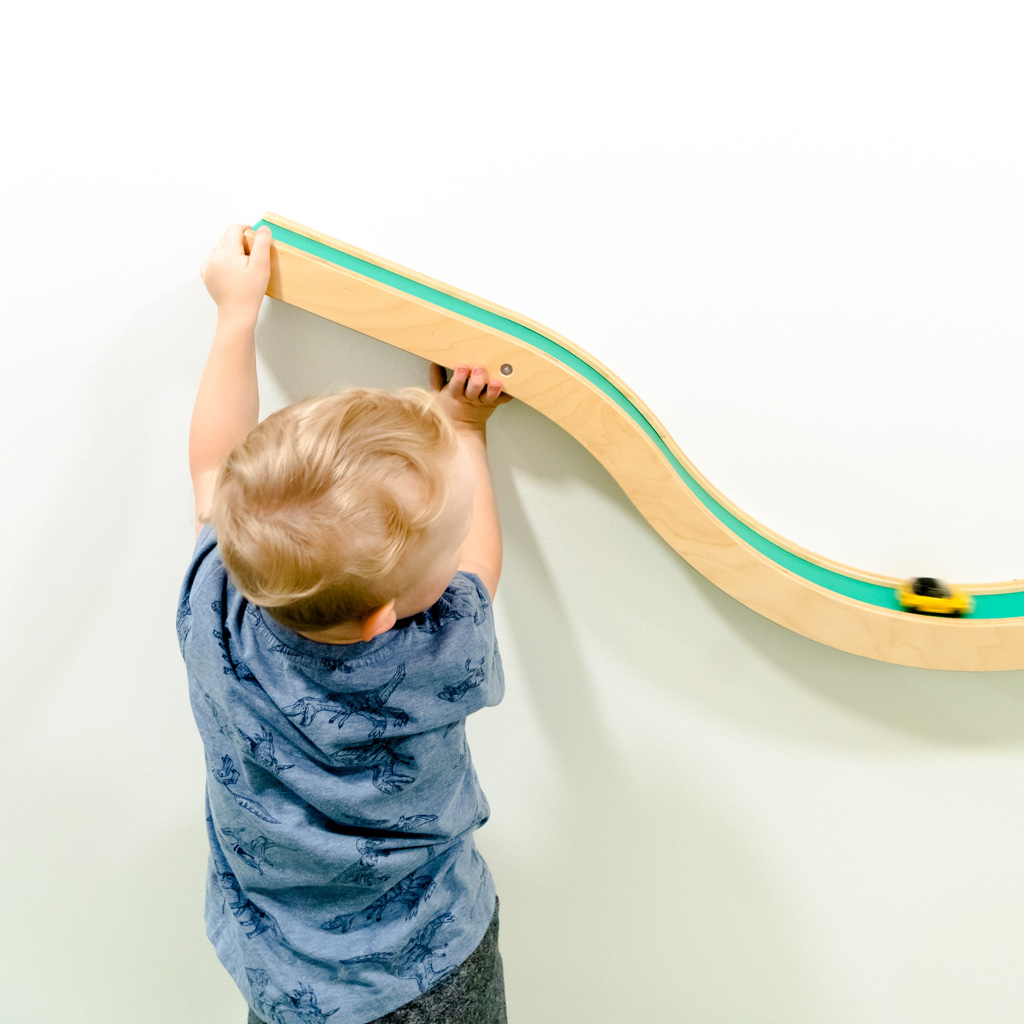
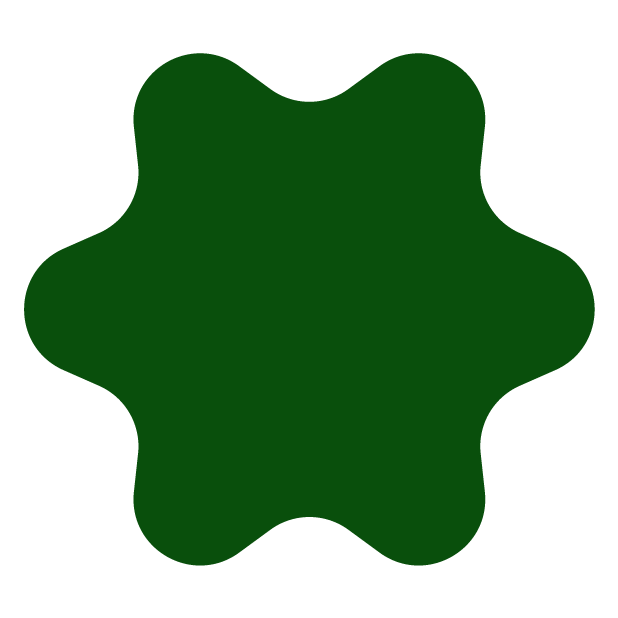

Näin päiväkodin oppimisympäristö tukee lapsen kasvua, kehitystä ja oppimista
Päiväkodin luomalla ympäristöllä on iso merkitys lapsen kasvun, kehityksen ja oppimisen tukena.
Kun puhutaan oppimisympäristöstä, tarkoitetaan muun muassa päiväkodin tiloja, välineitä ja tarvikkeita sekä piha-aluetta ja lähiympäristöä. Lisäksi oppimisympäristöön kuuluu muitakin kuin pelkkään fyysiseen tilaan liittyviä asioita.
Kokonaisuudessaan oppimisympäristö muodostuu fyysisistä, sosiaalisista ja psyykkisistä tekijöistä:
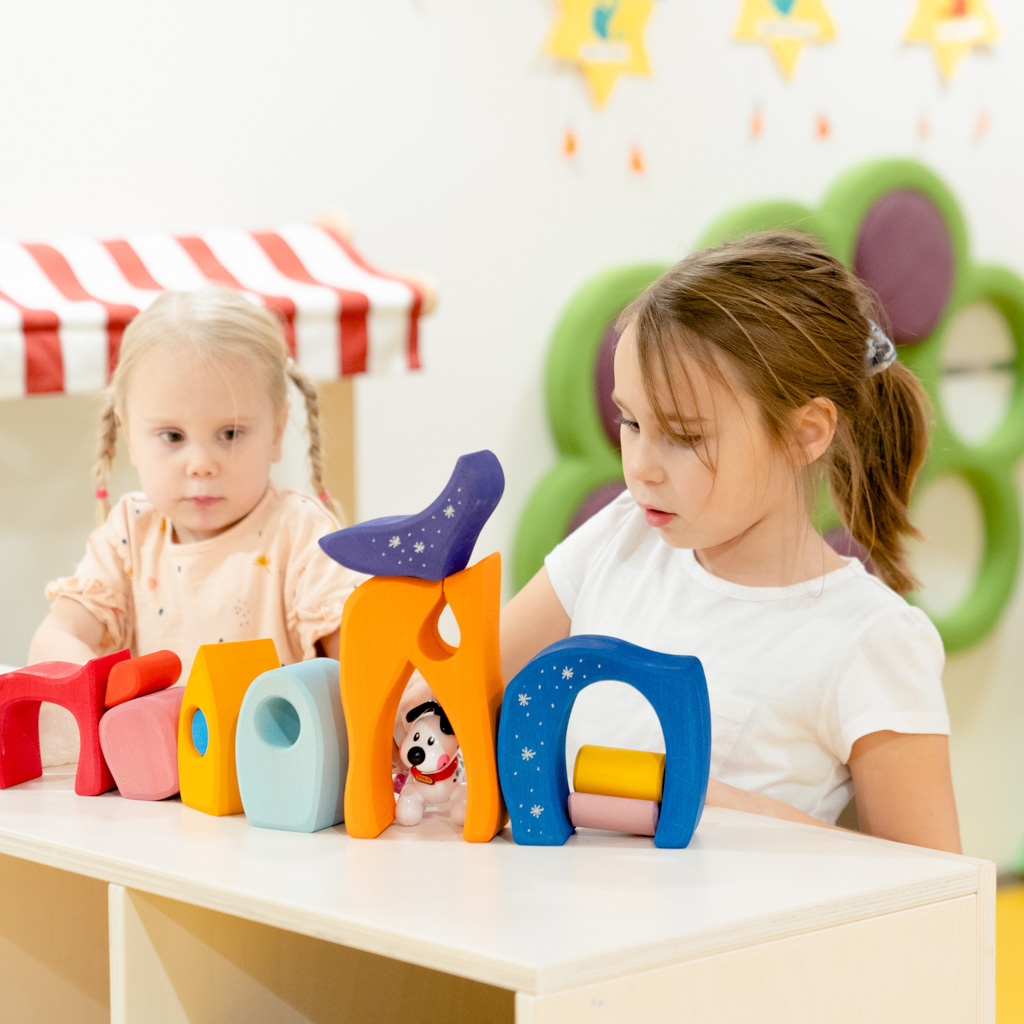
Fyysinen
Akkustiikka, ergonomia, esteettömyys, ekologisuus, led-valaistus, sisäilman laatu, turvallisuus, aktivoiminen, piha- ja lähialueympäristö, siisteys.
Sosiaalinen
Erikokoiset ryhmät, osallisuus toimintaan, itseohjautuvuus, vuorovaikutus, yhteiset säännöt, kiusaamisen ennaltaehkäisy, kielellinen kehittyminen, kulttuurinen moninaisuus.
Psyykkinen
Yhteisvastuullisuus, tunteiden ilmaisu ja sääntely, yhdenvertaisuus, sukupuolten välinen tasa-arvo, lapsilähtöisyys, kannustavuus.
Meillä Pilkkeellä päiväkodin tarjoamat oppimisympäristöt ovat avoimia ja yhteisöllisiä, ja lapsi voi liikkua niissä kiinnostuksensa mukaisesti. Tällaisia tiloja päiväkodin sisällä ovat esimerkiksi musiikki- ja liikuntatilat, ateljee, muuttuvat leikkitilat ja ruokasali.
Pilkkeen varhaiskasvatuksen pedagogiikka - mitä ajattelemme lapsen tavasta oppia
Me Pilkkeellä näemme jokaisen lapsen aktiivisena oppijana.
Lapsi oppii pikkuhiljaa, vuorovaikutuksessa ympäristönsä kanssa. Lapsi jäsentää uusia asioita ja suhteuttaa niitä aikaisempiin kokemuksiinsa, tietoonsa ja näkemyksiinsä. Lapsi oppii, kun asiat liitetään hänen omaan kokemusmaailmaansa ja häntä itseään kiinnostaviin asioihin.
Oppiakseen uusia asioita, lapsella pitää olla turvallinen, hyvä olo ja iloinen mieli. Lapsi on luontaisesti utelias, luova ja aktiivinen, ja hän jäsentää ympäröivää maailmaa leikin kautta. Myönteinen palaute pitää yllä kiinnostusta oppia uutta, ja rakentaa lapselle hyvää itsetuntoa.
Päiväkoti-ikäiselle lapselle oppimisen tulee olla hauskaa!
Pilkkeellä puhumme paljon myös arjen pedagogiikasta. Suurin osa alle kouluikäisen lapsen oppimisesta tapahtuu leikin ja arkitoimintojen aikana.
Arjen pedagogiikka tarkoittaa, että Pilkkeen päiväkotien henkilökunta on herkkä tarttumaan oppimisen mahdollisuuksiin erilaissa arjen tilanteissa, kuten vaikkapa pukeminen ulkoilua varten tai ruokailut.
Kaikista Pilkkeen päiväkodeista löytyy seitsemän pehmeää ja värikästä hahmoa eli Oppimiskamua, joiden avulla varhaiskasvatuksen pedagogiikkaa tuodaan esille arjessa. Jokaisella Oppimiskamulla on päiväkodissa myös oma teemoitettu leikkialueensa.
Varhaiskasvatus eri ikäisille lapsille päiväkodissa, viskariryhmissä ja esikoulussa
Meillä laadukkaaseen varhaiskasvatukseen kuuluu leikin kautta oppiminen ja lempeä vuorovaikutus.
Näemme ja tunnistamme jokaisen lapsen ainutlaatuiset kyvyt ja tuemme hänen vahvuuksiaan. Suhtaudumme työhömme intohimoisesti ja rakennamme turvallisia ja inspiroivia oppimisen polkuja jokaiselle.
Turvallinen ja ilmapiiriltään kannustava ympäristö tarjoaa hyvät lähtökohdat ystävyydelle, yllätyksille ja yhdessä oppimiselle. Päiväkodin, jonne on kiva mennä ja jossa on hyvä olla heti ensimmäisestä päivästä alkaen.
Päiväkoti
(1–4-vuotiaat)
Pienillä lapsilla korostuu hoiva, myöhemmin myös kasvatus ja oppiminen arjen pedagogiikan avulla.
Viskari
(5-vuotiaat)
Viisivuotiaille kohdennettuja oppimistuokioita – muuten tuttu ja turvallinen päiväkotiarki.
Esikoulu
(6-vuotiaat)
Lapset omaksuvat esiopetuksessa peruskoulun ensimmäisillä luokilla tarvittavia taitoja ja pääsevät myös vierailemaan koulussa.
Varhaiskasvatus tukee lasta erilaisissa tilanteissa
Pilke, kuten muutkin yksityiset palveluntuottajat, toimii kunnan omia palveluita täydentävänä ja tukevana palvelujen tuottajana. Tarjoamme varhaiskasvatusta kunkin kunnan antamien linjausten mukaisesti ja vahvassa yhteistyössä.
Varhaiskasvatukseen osallistuvalla lapsella on oikeus saada yleistä, tehostettua tai erityistä tukea lähtökohtaisesti omassa lapsiryhmässään. Lapsen tuen tarpeiden sitä edellyttäessä lapselle voidaan tarjota varhaiskasvatuspaikkaa pienryhmässä tai erityisryhmässä (Varhaiskasvatussuunnitelman perusteet), joka toteutuu pääsääntöisesti kunnallisessa varhaiskasvatuksessa.
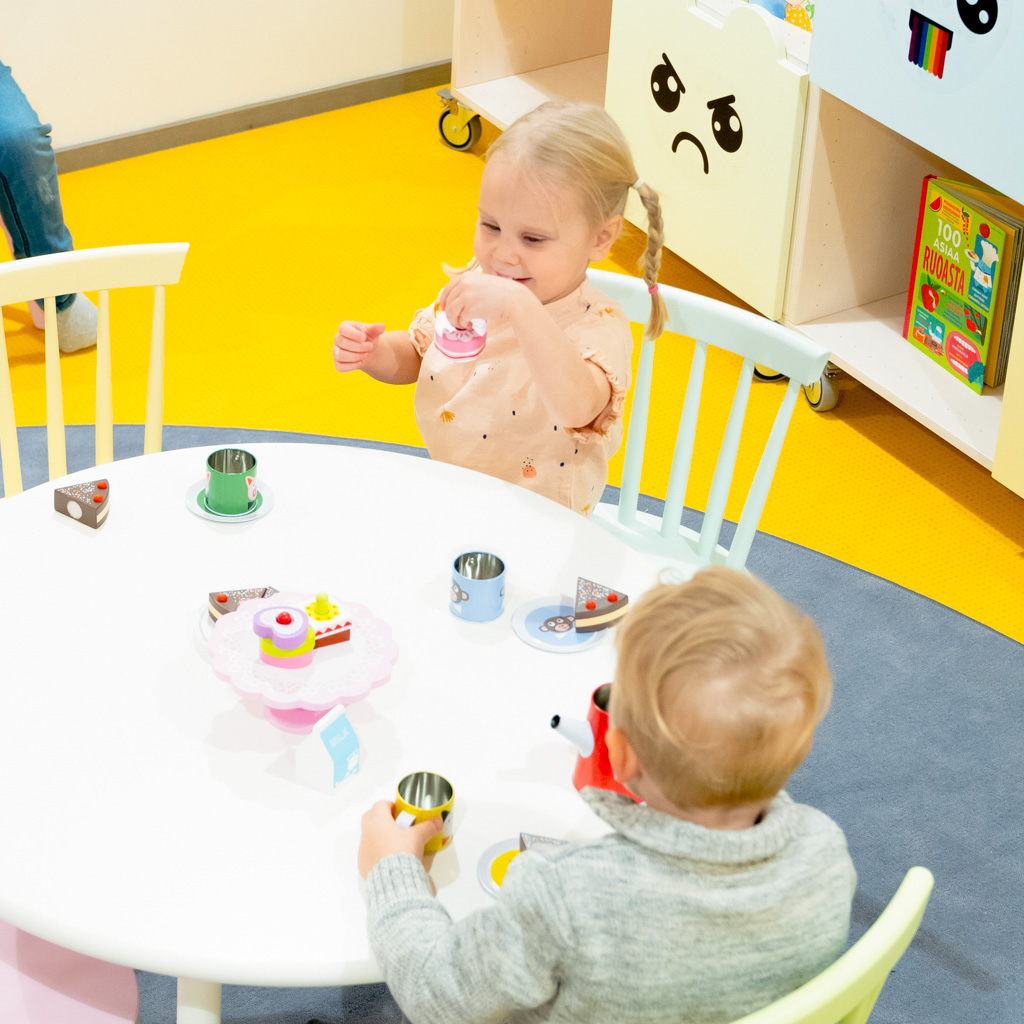
Usein kysytyt kysymykset varhaiskasvatuksesta
Varhaiskasvatus on uudehko sana, jota on alettu käyttää vuoden 2016 varhaiskasvatuslain uudistamisen jälkeen. Sitä ennen puhuttiin päivähoidosta. Varhaiskasvatuksella tarkoitetaan lapsen suunnitelmallista ja tavoitteellista kasvatuksen, opetuksen ja hoidon muodostamaa kokonaisuutta, jossa painottuu erityisesti pedagogiikka.
Varhaiskasvatustoiminta kuuluu kunnissa opetustoimen alaisuuteen, kun aiemmin päivähoito oli sosiaalitoimen osa. Aivan pienillä lapsilla hoivan ja hoidon merkitys hyvän päivän luomisessa on kaikkein tärkeintä, mutta lapsen kasvaessa varhaiskasvatuksessa saavat painoa myös opetus ja kasvatus. Lue tästä lisää, mitä eroa on varhaiskasvatuksella ja päivähoidolla.
Kaikessa suomalaisessa varhaiskasvatuksessa, ja myös meillä Pilkkeellä, on aina mukana hoiva, leikki ja turva. Koulumaisia taitoja lapsi oppii hyvinkin nopeasti, kun aika on sille oikea – niiden kanssa ei tarvitse kiirehtiä. Keskitymme siihen, että lapsella on turvallinen ja hyvä olla, aikuiset hänen ympärillään ovat ammattilaisia ja osaavat oikealla tavalla aktivoida ja kuunnella häntä.
Pilke-päiväkotien varhaiskasvatuksessa noudatetaan samoja lakeja, laatuvaatimuksia ja henkilöstömitoituksia kuin muissakin suomalaisissa päiväkodeissa – niin kunnallisissa kuin yksityisissäkin.
Seuraamme kunkin kunnan laatimaa omaa paikallista varhaiskasvatussuunnitelmaa. Meillä Pilkkeellä toimintatapamme on lämmin ja välittävä, ja kohtaamme toisemme ja lapset suurella sydämellä.
Ota yhteyttä!
